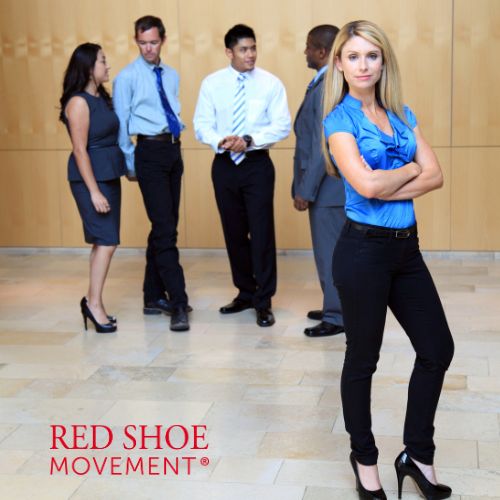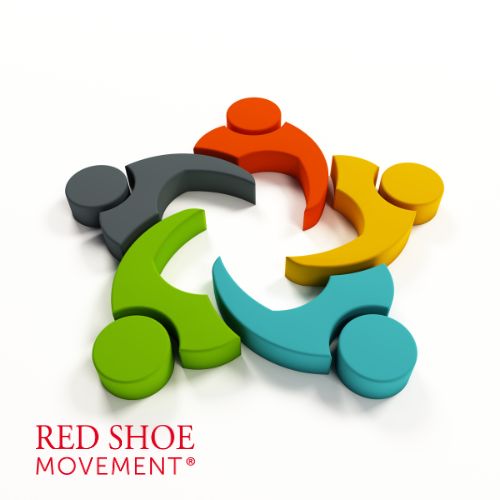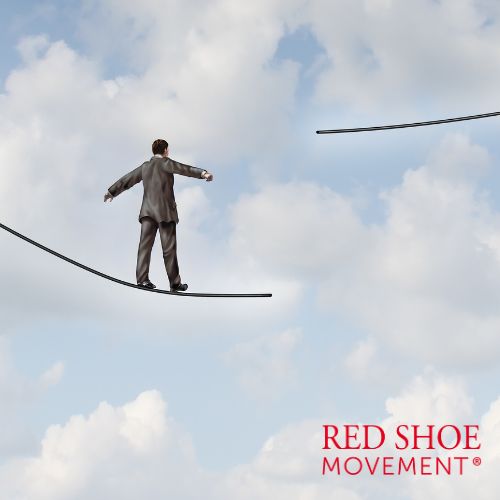A lot of people are going back to the office and dealing with re-entry anxiety as cities start re-opening and things begin to look somewhat like our old “normal.” It’s not that simple. Things have changed and we still need to make sure we’re taking care of each other as we return to open spaces.
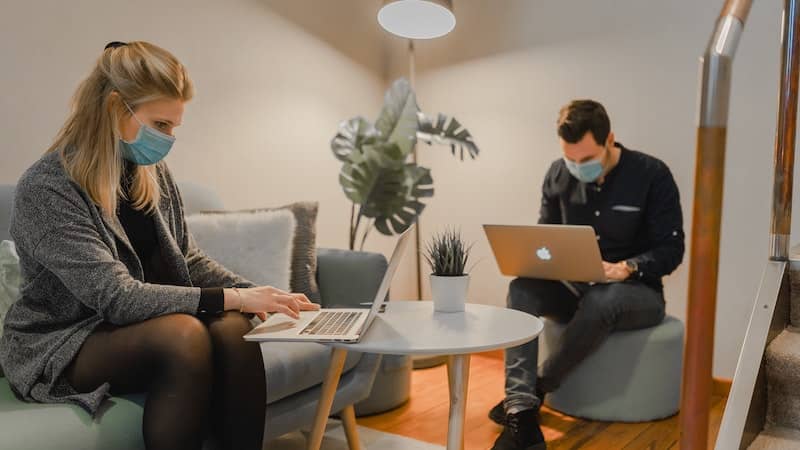
Just like isolation became something we had to learn and adjust to, we now need to deal with what it feels like to make it back to the office, to send kids back to school, and face the anxieties of a crisis that’s not quite over yet.
Turns out, it’s more than a little normal to feel that way about our safety and how we should behave out in the real world. How to leave those safe spaces we’ve created in the past year and interact and coexist with people outside our bubbles. In fact, according to the American Psychological Association, U.S. adults report highest stress level since the early days of the pandemic.
So… What is Re-Entry Anxiety?
Going back to the office in person and to socializing can make people feel overstimulated and overwhelmed after a year of working from home. Being stuck in traffic, re-adjusting to family schedules, making it to meetings on time, and just interacting with co-workers and making small talk, are things at which we’re all a little out of practice after the 18 months we’ve had. This, it turns out, is caused by something called re-entry anxiety, and if you’ve been feeling it, you’re not alone.
Experts believe that re-entry anxiety can be experienced in two ways; the first has to do with safety and fears of somehow contracting COVID-19 and spreading it. And the second relates to social anxiety and our concerns about social distancing and interaction. Simple things like hugs, or even just handshakes, can make people feel insecure and it’s important to consider not just how we feel about it, but the ways in which it may be affecting others.
Still, we can’t hide from the world as it continues to shift and change because of the pandemic. And while it’s perfectly normal to feel uncertain about it, studies say it’s important not to avoid all the things that make us anxious. It may seem like a good idea and work for a while but, if we do it too much of it can reinforce the notion that there are threats everywhere.
4 Simple Actions to Improve Your Self-Confidence
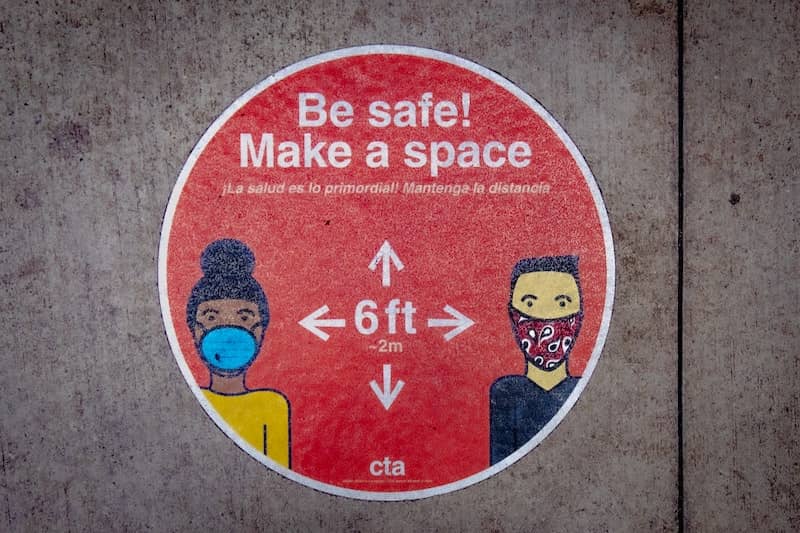
A Few Tips Make Going Back to the Office Less Stressful
1Take it easy: Establish a routine and figure out what some of the triggers you can avoid are. Maybe you can leave earlier to avoid traffic or carpool with a co-worker you’re comfortable sharing small spaces with. If you need to, you can talk to your employer about making the shift gradual or only making it into the office a few times a week, instead of every day. If the thought of socializing is making you especially uncomfortable, try to do a little bit of it on your own time and terms. Get together with someone you trust in open spaces and try out new things to (safely) step out of your comfort zone now and then.
2Familiarize yourself with your workplace safety measures: Knowing that your employers have your back when you’re going back to the office can also reduce some of that re-entry anxiety. Are they following CDC recommendations? Have they done anything to improve the airflow in your workspace? What are their vaccination and testing policies? How is your workspace being sanitized? Do they require everyone to wear masks in closed spaces and if so, are they supplying them? Are they making it easy for employees to coexist safely? Can you still work remotely some days? Make sure you’re following their guidelines to keep everyone safe.

3Speak up if something doesn’t feel right: Educating yourself on both COVID-19 and the ways that your company is protecting you can also help when it’s time to speak up. If you feel like something is not quite right when going back to the office, don’t be afraid to be assertive and communicate how you’re feeling. It’s important to foster the kind of conversations that will allow everyone to address their anxieties and set boundaries. Don’t be ashamed to ask someone to pull their mask up or keep their distance. Communicate your needs.
4Take breaks and be kind to yourself: Something as simple as stepping out for a short walk can help when dealing with re-entry anxiety. It can even become something to look forward to when going back to the office. Give yourself things to be excited about, like new work outfits (not bad after working in our pj’s for so long) and accessories. Something as simple as a cool, comfortable mask can make all the difference. Going back to the office doesn’t have to be all about anxiety and this is a good time to spoil yourself a little. Find small ways to reward yourself after especially overwhelming days. Self-care is key so don’t be afraid to schedule a little pampering at some point during the day.
5Be considerate to others: Wash your hands often, wear your mask in closed spaces and keep your distance. Check in on your co-workers to see how they are dealing with re-entry anxiety and keep in mind that everyone experiences these things differently and some people have been more vulnerable than others; some have lost family and friends (you may even be one of them.) What’s okay with you could make other people feel unsafe and uncomfortable. The reverse is also true, so make sure to let others know what makes you uncomfortable as well. Ensuring everyone feels safe and listened to will make going back to the office easier on everyone.
Quiz Your Negotiation Skills!

Is it Time to Look for Help?
Some things can’t be taken care of by staying positive, taking it one day at a time and following safety measures. These suggestions can help but they may not be enough if you’ve had trouble dealing with re-entry anxiety such as having trouble sleeping, eating more or less than usual, and so on. If the world reopening its doors is feeling too overwhelming for you, please consider reaching out to a mental health professional. It’s been rough and there is no shame in needing a little extra help with the idea of going back to the office.












































